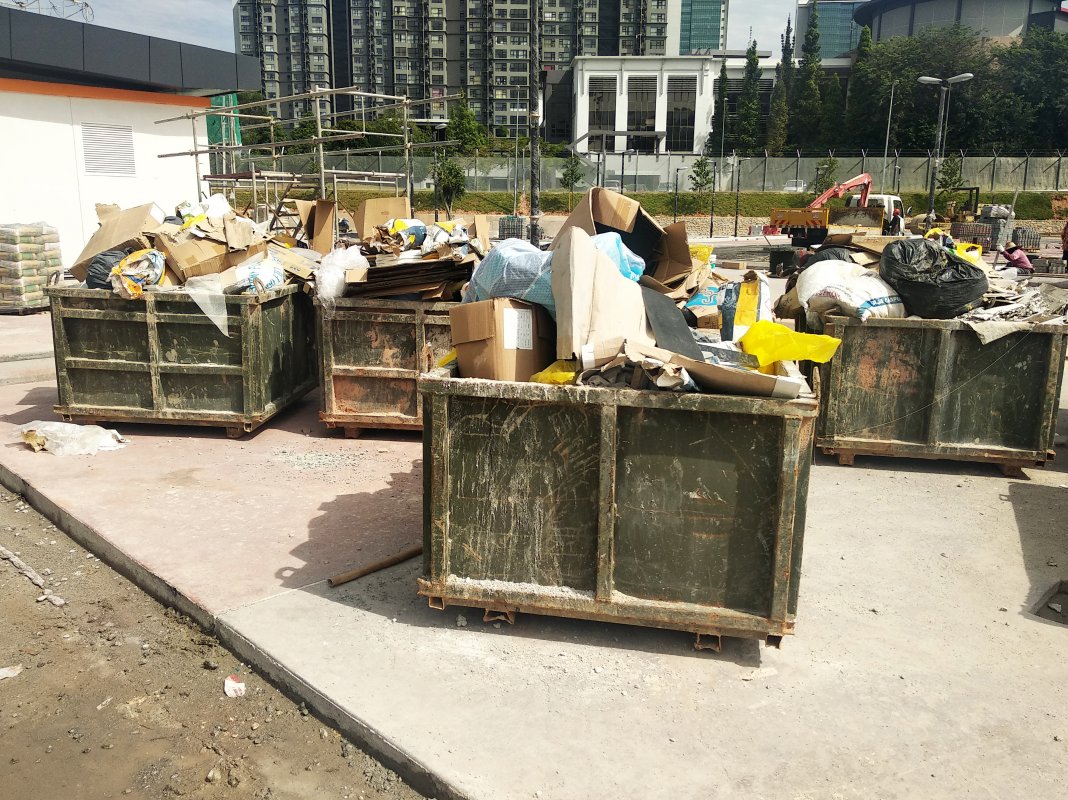The volume of commercial waste sent to landfill by Tauranga businesses will be analysed as part of the city’s Waste Management and Minimisation Plan, so that we can compare our performance with other major centres.
By early next year, we expect to have some reliable data on what the sector is currently ‘dumping’, so that we can understand the scale of our commercial waste issues and work together to reduce landfill volumes by re-using and recycling as much waste as possible.
As it stands, commercial waste probably makes-up at least 75% of the city’s waste stream and if that is the case, there’s clearly an opportunity to make a big difference in the volumes we currently send to landfill.
We’ve seen just how much can be achieved in waste reduction through our household kerbside waste collection system, which has only been operating for around 14 months. Despite being heavily impacted by Covid-related illness and lockdowns, the volume of household waste sent to landfill has nearly halved to around 111kgs per person a year.
That means we need about 460 less truck journeys over the Kaimai Ranges each year to take the waste to the landfill at Hampton Downs, and less carbon emissions as a result, but Tauranga’s environmental footprint also benefits because we’re now composting most of our household food waste and a substantial volume of greenwaste, both of which contribute to landfill methane emissions.
And of course, we’re recycling a lot more plastics, cardboard and paper, cans and glass than we used to as well, which also enhances the city’s sustainability. Once we have a clear idea about what our commercial waste is comprised of and what volumes of the various components are being produced each year, we will be able to start thinking about how much we could expect to take out of the waste-stream and what sort of collection and processing operations would be needed to make that work.
Council’s Sustainability and Waste team will be engaging with commercial stakeholders to discuss both the issues identified and the opportunities available to us. As was the case with our household collection service, we would anticipate that an effective approach to commercial waste handling and processing could offer financial benefits, as well as environmental gains.
Most households now pay substantially less for their waste collection than they used to under a fragmented and inefficient private collection service model, as a result of the economies of scale our new system provides and the ability to compile commercial volumes of recyclable material.
We’re looking forward to working with the commercial and industrial sectors to explore ways we can all benefit from a more efficient and effective waste disposal approach.
If you have any ideas you think should be considered, please pass these on to our Sustainability and Waste team via sustainability.waste@tauranga.govt.nz.


